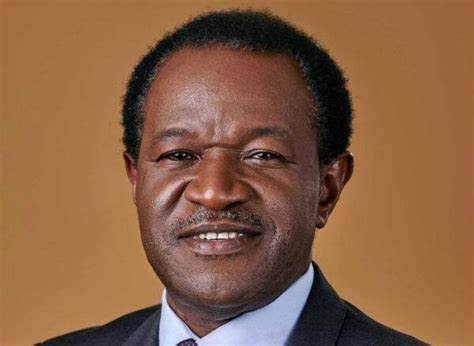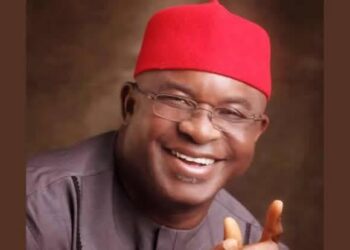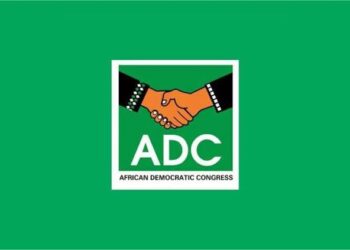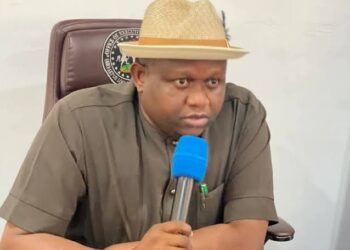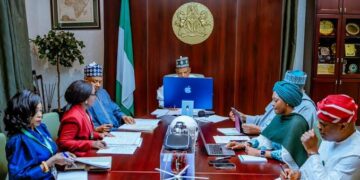The Nigerian Education Loan Fund (NELFUND) has disbursed over ₦73.2 billion in interest-free student loans in Nigeria within one year.
According to its Managing Director, Akintunde Sawyerr, the loans have supported 396,252 students across Nigeria’s 36 states and FCT.
He revealed the fund received 645,692 applications and has processed over 94 percent from 206 tertiary institutions nationwide.
This marks the first time Nigerian students access structured, interest-free financing for education through a national government-backed funding scheme.
Sawyerr emphasized the initiative as a product of political will aimed at ending educational inequality caused by poverty.
Many beneficiaries are first-generation students who now have the financial means to complete their education without future debt.
Since opening the application portal in May 2024, NELFUND has reported steady growth in accessibility and loan disbursement rates.
He noted the digital nature of the platform ensures real-time application tracking, seamless processing, and proper verification of data.
Despite progress, challenges like mismatched records, slow verification, and misinformation have hindered the loan system’s full operational efficiency.
Sawyerr maintained that the Fund remains transparent, responsive, and continually working to enhance its applicant engagement systems and experience.
He warned the public against spreading unverified information that could damage trust in the Fund’s purpose and performance.
The NELFUND boss advised applicants to seek direct clarification from official channels rather than relying on unreliable social media posts.
He expressed gratitude for growing student interest, reiterating that the loan scheme supports both academic and technical skill development goals.
NELFUND continues to train institutional focal officers to support a smoother, more efficient communication and verification process for issuance of interest-free student loans in Nigeria.
Sawyerr called on stakeholders to support the Fund’s goal of democratising access to education and long-term national development.


